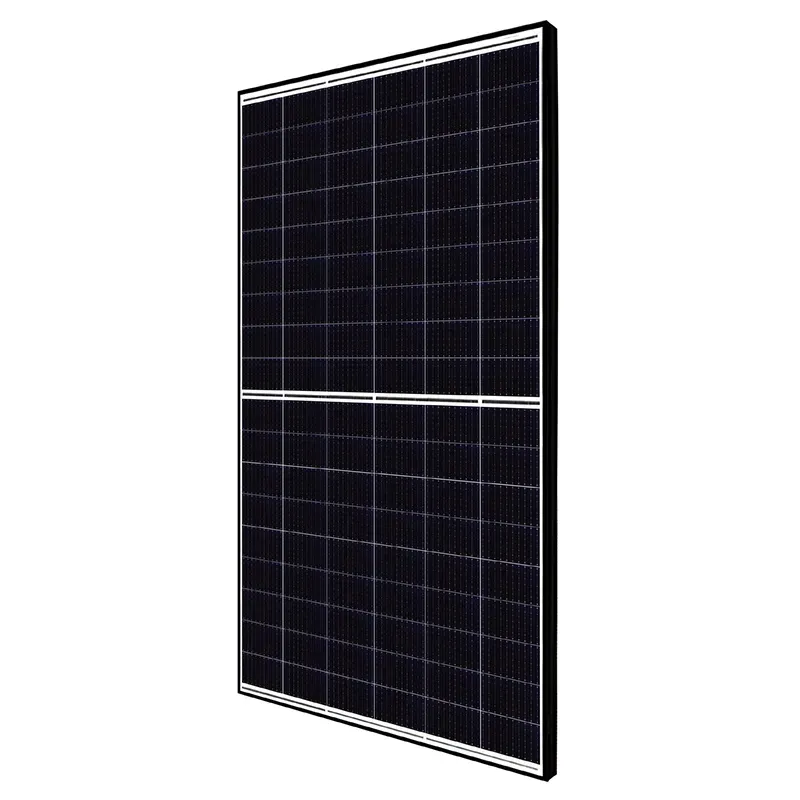Impact of Cloudy Weather on Solar Panel Efficiency and Energy Production
Understanding Solar Panel Output on Cloudy Days
Solar energy has become an essential source of renewable energy in recent years. As technology advances and the demand for clean energy rises, many homeowners and businesses are investing in solar panels. However, potential users often express concerns about the efficiency of solar panels on cloudy days. This article aims to explore the impact of cloud cover on solar panel output, the factors involved, and how solar energy systems can still remain productive under less-than-ideal weather conditions.
How Solar Panels Work
Before delving into the specifics of cloudy weather conditions, it's important to understand how solar panels generate electricity. Solar panels consist of photovoltaic (PV) cells that convert sunlight into direct current (DC) electricity. These cells are most effective when exposed to direct sunlight, as this higher intensity leads to increased energy production. However, these cells can still harness energy from diffuse sunlight – the indirect light that reaches the earth when clouds block direct sunlight.
Impact of Cloud Cover
When cloudy weather occurs, the intensity of sunlight reaching the solar panels decreases significantly. This reduction can lead to a marked decline in the overall power output of the solar energy system. On a typical sunny day, solar panels can convert approximately 15-20% of solar energy into usable electricity. On a fully overcast day, this efficiency may drop to around 10-15%. However, it is important to note that even on cloudy days, solar panels can still generate a substantial amount of electricity – perhaps up to 50% of their standard output.
Factors Affecting Solar Panel Performance on Cloudy Days
1. Type of Solar Panel The performance of solar panels can vary based on their technology. Monocrystalline panels, for example, tend to perform better in low-light conditions compared to polycrystalline panels. This is due to the purity of silicon used in monocrystalline cells, which leads to higher efficiency levels.
2. Angle and Orientation The angle at which solar panels are installed can also influence their performance. Panels that are tilted to capture sunlight more effectively can improve energy absorption even on overcast days. Additionally, panels facing south in the Northern Hemisphere (and north in the Southern Hemisphere) can maximize exposure to available light.
solar panel output on cloudy day

3. Duration of Cloud Cover The type of cloud cover also matters. Light, scattered clouds may allow enough sunlight to filter through for solar panels to generate usable energy. In contrast, heavy clouds or storms can significantly diminish energy production.
4. Location Geographic location is a vital aspect when considering solar output. Areas with frequent cloud cover may see reduced energy production, but those regions also often have periods of sunlight to balance energy efficiency. Moreover, during the winter months, solar panels can benefit from snow acting as a reflective surface, allowing more light to reach the panels even when it’s cloudy.
Mitigating Reduced Output on Cloudy Days
To maximize energy efficiency even when cloud cover is present, several strategies can be employed
1. Battery Storage Systems Integration of battery storage systems can help store excess energy produced during sunny days, which can then be used during cloudy days or at night, thus ensuring a more consistent energy supply.
2. Hybrid Systems Combining solar power with other renewable energy sources, such as wind or hydroelectric power, can mitigate the effects of cloud cover. This ensures a more stable energy output throughout the year.
3. Regular Maintenance Ensuring solar panels are clean and free from obstructions can maximize their efficiency during all weather conditions. A regular maintenance schedule can help in keeping the panels operating at optimal levels.
Conclusion
While it is true that cloudy days reduce the efficiency of solar panels, they do not render them ineffective. Understanding the impact of cloud cover and implementing strategies to mitigate reduced output can still allow solar energy users to benefit from an ongoing supply of renewable energy. As technology advances and more efficient solar panels hit the market, the efficiency of solar systems on cloudy days will continue to improve, reinforcing the viability of solar energy as a primary energy source regardless of weather conditions. Investing in solar panels can, therefore, prove beneficial both environmentally and economically, making it a wise decision for many.
-
Unlocking Energy Freedom with the Off Grid Solar InverterNewsJun.06,2025
-
Unlock More Solar Power with a High-Efficiency Bifacial Solar PanelNewsJun.06,2025
-
Power Your Future with High-Efficiency Monocrystalline Solar PanelsNewsJun.06,2025
-
Next-Gen Solar Power Starts with Micro Solar InvertersNewsJun.06,2025
-
Harnessing Peak Efficiency with the On Grid Solar InverterNewsJun.06,2025
-
Discover Unmatched Efficiency with the Latest String Solar InverterNewsJun.06,2025







